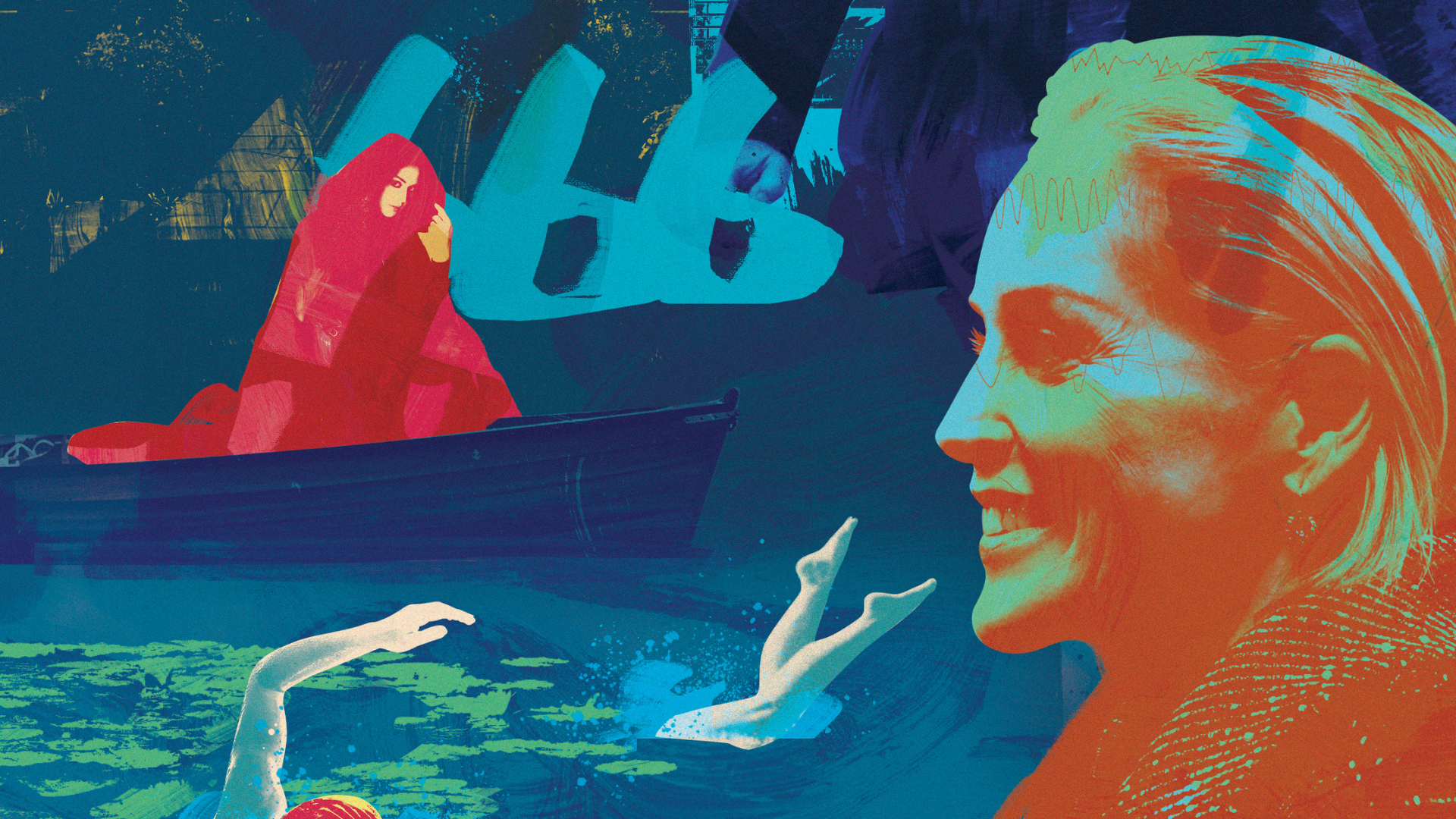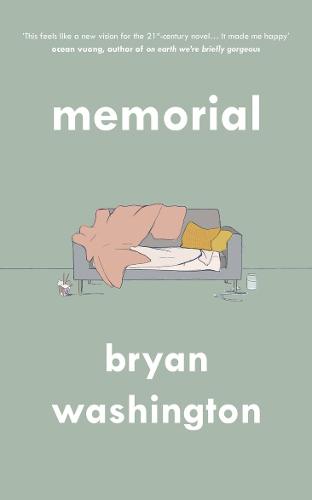When the world fell apart last year and life seemed up in the air, one thing remained reassuringly constant: books.
During the first lockdown, many rediscovered the joy of reading books. We were blessed by a steady flow of stunning releases and Diary of a Young Naturalistby 16-year-old nature writer Dara McAnulty was the Big Issue Book of the Year for 2020.
But what is there to look forward to over the coming months?
Fear not, books editor Jane Graham has got you covered.
Lockdowns have taken income away from hundreds of Big Issue sellers. Support The Big Issue and our vendors by signing up for a subscription.
Memorial by Bryan Washington (Atlantic, January 7)
I was knocked out by Washington’s debut of short stories, Lot, in 2019. He has a very individual take on the contemporary black experience, his voice compassionate, observant, and tough; often funny, always authentic. For months I cherished the idea that he was my own secret discovery, until Lot showed up on Barack Obama’s books of the year.
Memorial, Washington’s first novel, focuses on the relationship between two young men; Mike, a Japanese-American chef at a Mexican restaurant, and Benson, a black day care teacher. They live together, have a good sex life, Mike cooks great meals for Ben, and they’re pretty sure they love each other.
But after four years the bond is beginning to feel fragile, its meeting point increasingly grazed. The tenacity of their relationship is tested when Mike leaves for Japan to visit his estranged, dying father, just as his sharp-tongued Japanese mother arrives for a visit, thus landing Ben with a brand new, rather difficult, flatmate. Issues around race, sexuality, fidelity and family arise naturally in what is essentially an old-fashioned story about the messy nature of love, trust and how far a relationship can stray from an ideal and still be worth fighting for.
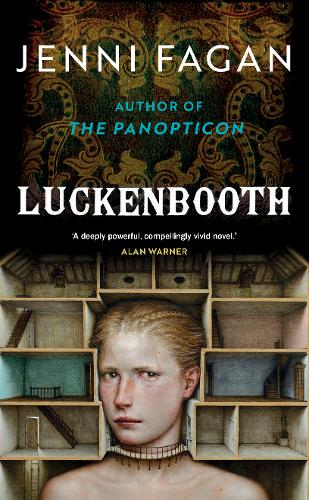
Luckenbooth by Jenni Fagan (William Heinemann, January 14)
From the Scottish author of 2012’s terrific The Panopticon, the new Jenni Fagan comes with extraordinary plaudits from the likes of Alan Warner (“possibly one of the most significant novels of the last 10 years”) and Irvine Welsh (“If Alasdair Gray’s Lanark was a masterly imagining of Glasgow, then this is the quintessential novel of Edinburgh at its darkest.”)
Luckenbooth is the story of an archetypal Edinburgh tenement which has long suffered under a supernatural curse bestowed upon it in 1910. The novel follows the various characters who have lived in the cursed tenement since; misfits, outcasts and troubled souls. Among them is Levi, a black, homesick and lovesick ‘young gentleman’ from the American South, living there in 1939; Agnes, a half-blind psychic keen to expose her fraudulent peers in the mid-1950s; and a certain Mr William Burroughs, reminiscing about his meetings with the Edinburgh poet Hugh McDiarmid and Alexander Trocchi in the early ’60s.
What’s especially impressive about Luckenbooth is the number of very different voices Fagan brings to life. Though told in the third person, each character has their own unique ‘speaking’ style, suggesting that every place and person is haunted by memory and past trauma, and deals with it in an individual way. But regardless of tone or structure, every chapter benefits from the kind of glittered grit prose technique Fagan has mastered – intense and scholarly passages are punctuated with beautiful shiny sentences and luminous imagery, like a painting by Monet or van Gogh.
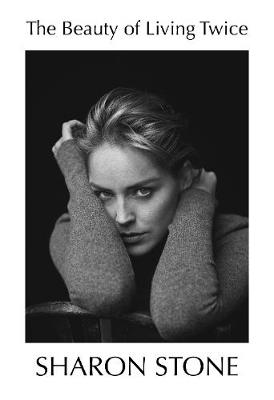
The Beauty of Living Twice by Sharon Stone (Allen & Unwin, April 1)
A formidable mixture of high intelligence, incredible looks, toughness and outspokenness, Sharon Stone is famous for landmark roles such as the “brilliant bisexual and alleged serial killer” (I couldn’t beat that Wiki summation) Catherine Tramell in Basic Instinct, and Ginger McKenna, the scheming, vengeful, half-crazy wife of Robert De Niro’s ruthless casino boss in Casino. What some might not know is that she suffered a debilitating stroke in 2001 which devastated her health, her family and her career.
This autobiography traces her life from a harrowing abusive childhood, through the only slightly less violent and torturous Hollywood years, to her battle to get her life back after her illness. Stone’s story is what People magazine might call ‘explosive’ – against a backdrop of superstardom and topping numerous ‘sexiest woman in the world’ polls, she was married twice, engaged more often, and adopted three sons after finding out she couldn’t have children. This is the story of one of Hollywood’s true forces of nature.

Light Perpetual by Francis Spufford (Faber & Faber, February 4)
Since his much-loved historical novel Golden Hill in 2016, there has been a buzz about what Francis Spufford would come up with next. The premise of Light Perpetual, in hands so expert at conjuring the past and weighing up the possibilities of the future, is mouthwatering.
In November 1944 a German rocket strikes London and kills five young people. Spufford tells the story of the five lost lives as they might have been, had the rocket never landed. We follow young Ben, Alec, Jo, Val and Vern through the 20th century, observing the changes in social and political history as well as the developments in their own diverging personal lives. Plotwise it’s very similar ground to Ian McEwan’s Atonement, even more so Jenni Erpenbeck’s The End of Days. But one trusts that it will reach different places and evoke a unique depth of feeling in the gorgeous prose of Spufford.
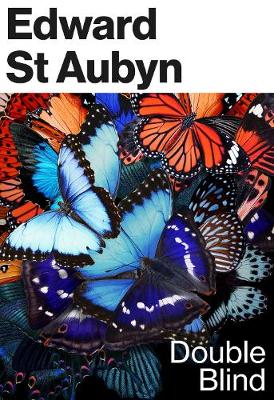
Double Blind by Edward St Aubyn (Harvill Secker, March 18)
Alan Hollinghurst, no pretender himself, called St Aubyn “perhaps the most brilliant English novelist of his generation”, and few who have read his peerless Patrick Melrose series would robustly refute him. St Aubyn’s new novel is about three close friends, Olivia, Francis and Lucy, who are bound together by shocking news. This revelation kickstarts a highly ambitious and wide-ranging work which takes in St Aubyn’s eclectic array of interests; genetics, neuroscience, psychoanalysis, philosophy and the natural world. Every novel by St Aubyn – also one of the funniest writers in the country – is cause for excited anticipation, and this is no exception.
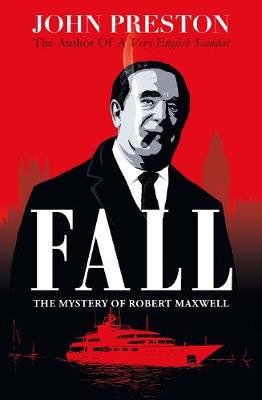
Fall: The Mystery of Robert Maxwell by John Preston (Viking, February 4)
Who better to tell the eye-popping story of the war hero, successful media tycoon and mercenary crook Robert Maxwell than the author of A Very English Scandal, the compelling novel about Jeremy Thorpe (which was made into a splendid TV series in 2018)?
John Preston’s choice for his next subject is a genius move. The headlines of Maxwell’s life story may be relatively well known – Jewish escapee of Nazi-occupied Czechoslovakia, decorated Second World War hero, Labour MP, proprietor of the Mirror newspaper group, exposed as the thief of millions of pounds of pension funds after his mysterious death by drowning in 1991.
But as a personality, he remains a somewhat shady figure, his transformation from a man who put ethics at the centre of his public persona to a universal totem of greed and corruption still not fully investigated. Preston delves deep into one of the 20th century’s most fascinating characters and attempts to make an authentic man of the oxymoronic myth.

Klara and the Sun by Kazuo Ishiguro (Faber & Faber, March 2)
The first novel by Kazuo Ishiguro since he was awarded the 2017 Nobel Prize in Literature, Klara and the Sun charts similar territory to his decade-old Never Let Me Go, entertaining alternative ideas of how beings – human and AI – might be created and how they will function and interact.
The novel tells the story of Klara, a purchasable ‘Artificial Friend’ who waits patiently in a shop for someone to buy her, like an ever-hopeful Rumer Godden doll. She isn’t the most up-to-date model, but is finally brought home by a teenage girl who has troubles of her own, and they bond quickly.
What is interesting is that the robot in this tale is the most vulnerable, relatable character, and as readers we spend the novel afraid of the harm cruel human beings might inflict upon her. As ever with Ishiguro, in both his fantastical flights of imagination and simple tales of very ordinary people, the question of what makes us human is at the heart of it all. In this case, it might be something unhuman which provides the answer.

First Person Singular by Haruki Murakami (Harvill Secker, April 6)
Despite mixed receptions to some one of his recent books, the Japanese author of revered sci-fi/fantastical works like Norwegian Wood and The Wind-up Bird Chronicle remains one of the literary world’s most intriguing writers. Murakami’s latest is a collection of eight short stories told in the first person which, as is his wont, cover wildly diverse ground.
He veers from dreamy youthful nostalgia to inventing a jazz album, from a study of love for baseball to subjective reflections on music. As ever with Murakami, questions about the reliability of the source arise – is this reportage or pure fiction? Is the narrator who appears in some of the stories Murakami, a doppelgänger, or simply another character in the story? Life with Haruki is never simple, but who would want it any other way?
